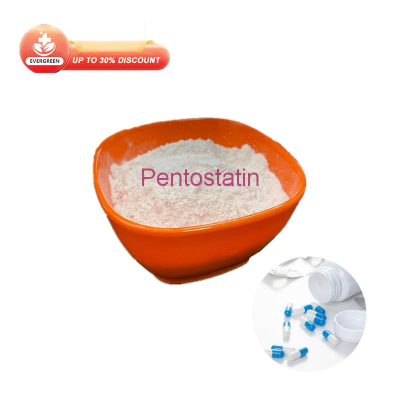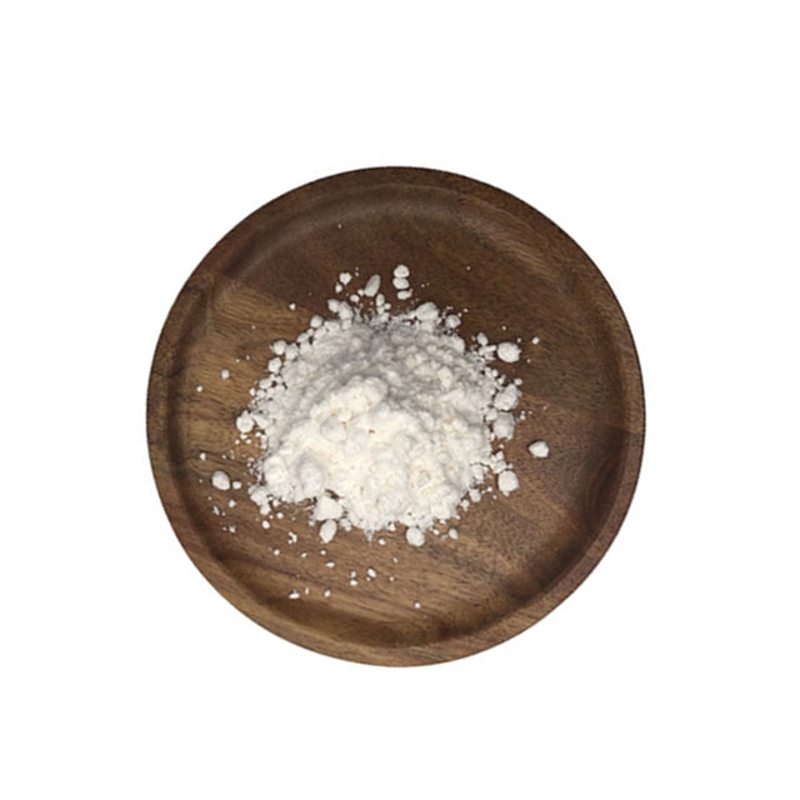-
Categories
-
Pharmaceutical Intermediates
-
Active Pharmaceutical Ingredients
-
Food Additives
- Industrial Coatings
- Agrochemicals
- Dyes and Pigments
- Surfactant
- Flavors and Fragrances
- Chemical Reagents
- Catalyst and Auxiliary
- Natural Products
- Inorganic Chemistry
-
Organic Chemistry
-
Biochemical Engineering
- Analytical Chemistry
- Cosmetic Ingredient
-
Pharmaceutical Intermediates
Promotion
ECHEMI Mall
Wholesale
Weekly Price
Exhibition
News
-
Trade Service
Decpher Biosciences Inc is a genomic classifier (GC) that assesses the risk of distant metastasis (DM) after prostate cancer treatment (RP) in prostate cancer patients.
this study, an auxiliary study of RP excision samples from a placebo-controlled Phase III NRG/RTOG 9601 randomized clinical trial conducted between March 1998 and March 2003, aims to validate GC in the context of randomized Phase 3 trials.
researchers conducted a centralized review of the samples and extracted RNA from high-level tumors available in 2019 and gave GC scores (0-1) after quality control.
the main endpoint is the independent association between GC and DM development.
in the study, 486 of the 760 randomized patients were rated GC for 13 years, and samples from 352 men (with a medium age of 64.5 years) and 314 white people were sampled through microarray quality control to form the final queue for analysis.
in multivariate analysis, GC and DM (risk ratio 1.17; 95% CI 1.05-1.32; P-0.22; P-0.2) were calibrated by age, race/ethnicity, Gleason score, T-phase, cut-off state, prostate-specific antigen and treatment. 006), PCSM (1.39; 1.2 0-1.63; P-lt;0.001), OS (1.17; 1.06 to 1.29; P-0.002) are independently related.
While the planned analysis could not detect the interaction of treatment effects with a GC score, comparing patients with lower GC scores with higher GC scores was less than the estimated absolute effect of bicalutamide on 12-year OS (2.4% vs. 8.9%), the results were further confirmed in men who received early sRT when they received prostate-specific antigen levels below 0.7 ng/mL (-7.8% vs 4.6%).
, this study shows that there is a correlation between GC and DM, PCSM, and OS independent of standard clinical pathological variables.
results suggest that not all prostate cancer patients with postoperative biochemical recurrence can benefit from sRT-based treatment with hormone therapy.







